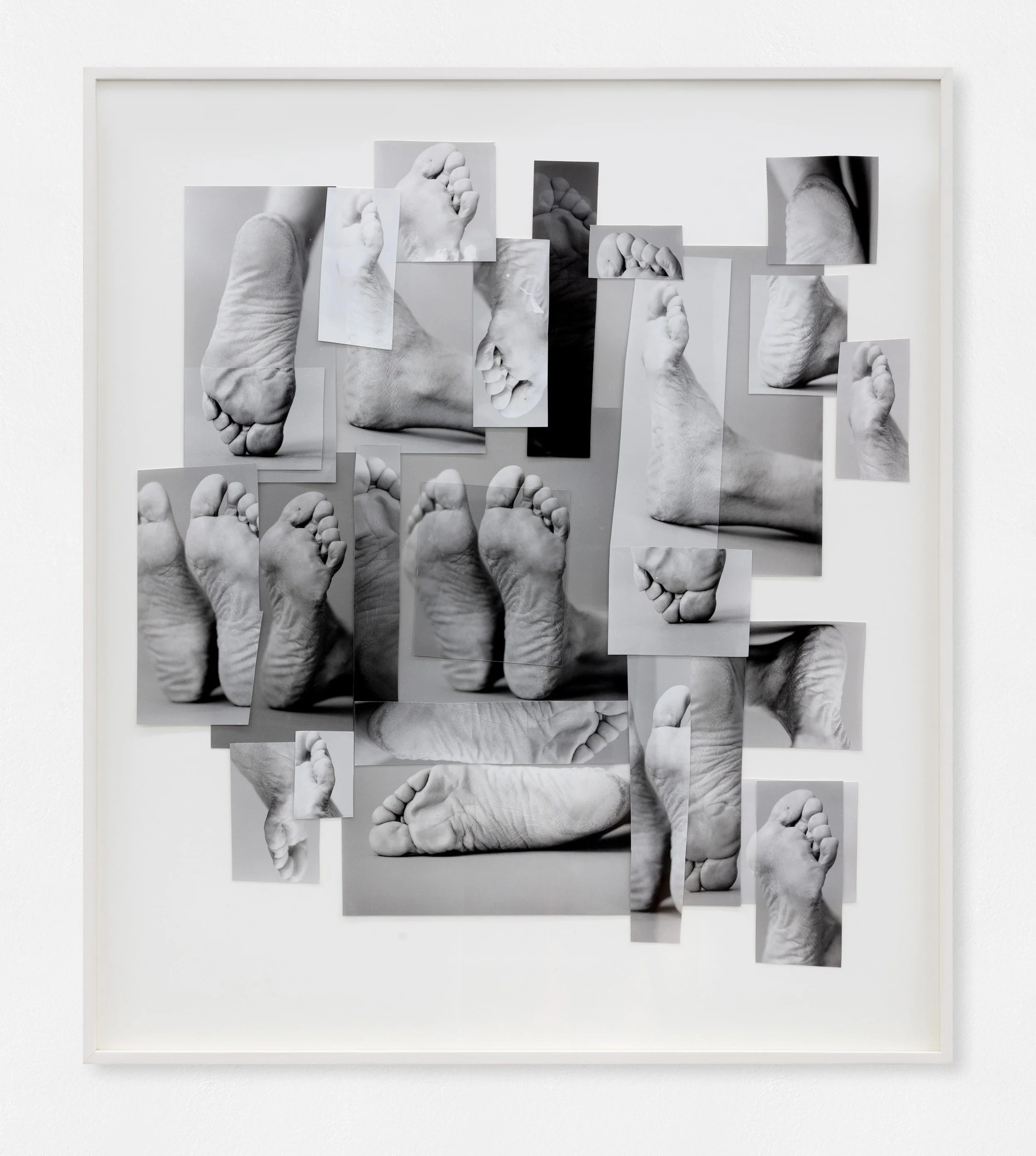A Weirdly Defensive Nature
© BERGLIND RÖGNVALDSDOTTIR
Text: Federica Belli
Following the rising diffusion of artificial intelligence to generate images according to any prompt, the role of fine art photography has weirdly shifted towards what it has always denied to be any time it was confronted with documentary photography. While until not long ago fine art photographers have always rejected the definition of their work as a representation of reality, somehow proudly emphasising their authorship and personal point of view, when faced with the undeniable handiness of artificial intelligence in generating an immediate and accurate representation of any utopian idea their attention immediately shifts towards the unique quality photography actually features when compared with other art languages: the need for what it captures to actually occur in front of the camera.
Funnily noticing those thoughts in myself as well, the need to understand the roots of such shift immediately emerged. Why are we suddenly so concerned with the use of artificial intelligence? Why are we finding ourselves in the shoes of painters as soon as photography started to circulate? The theories are definitely many, and basically all of them are defendable yet vulnerable to any attack.
First of all, one can’t help but wonder: are we actually afraid of our own laziness? As artists working through photography, the process includes both a continuous work of imagination and the actual realisation of those concepts or visions – put simply, once we have an idea we then need to figure out how to actually make sure the necessary situation occurs before the camera and then how to properly light it and frame it. But how about reducing that whole to process to its first step only? How about simply wording our idea in an extremely precise and evocative way and waiting for the result to appear in front of our eyes?
© Eleonora Agostini
That is precisely the point at which one might wonder: “Well then, if it is so much faster and more precise, why not just accept its superiority and employ it more and more?”. The reason is that the process precisely the reason why one develops a passion for the craft. All the fun, all the stimuli and all the research lie precisely in the infinite and obsessive attempts to realise one’s vision before her eyes, first and foremost.
What is definitely true is that artificial intelligence operates in such an effective and precise way that it basically admits no accidents. But there as well, one can find a problem. Most often, having developed such a definite and indelible reverie in her head, a photographer will go ahead and employ all the resources in her hands to bring it to life and document that birth through photography. But it is precisely in the quest for that reverie that most often something goes wrong, and that error actually reveals to open up a vision which immediately supplants the previous one and generates the actual final result.
The truth is that luckily the discussion could go on for years (is it not precisely what history shows between painting and photography?), and yet both languages are luckily going to evolve and inspire humans with utopian visions. Luckily so, as it is precisely the awareness of utopias that allows the development of new mental connections and creates the desire for change. And it is in the desire for change that the roots of any change are to be found.









